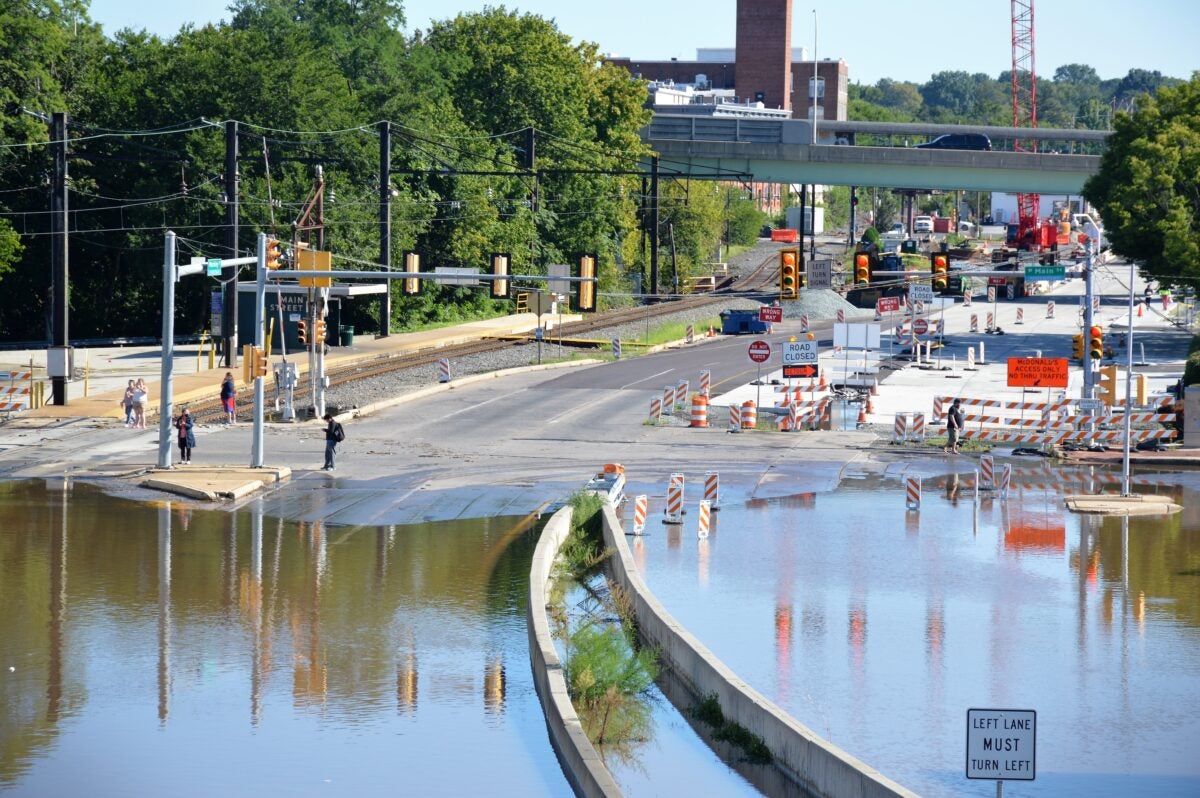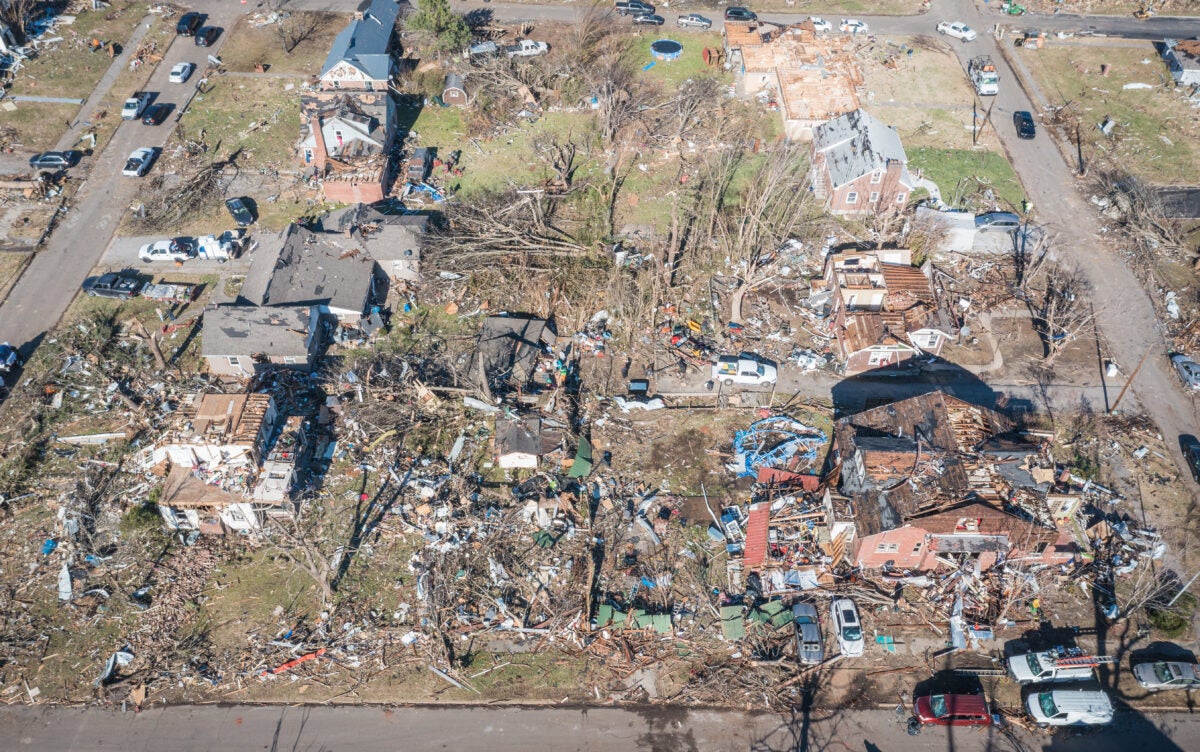Wildfires, hurricanes and tornadoes, as well as an ice storm and cold snap, were among 20 weather and climate disasters in the U.S. last year that cost $1 billion or more apiece. The total cost of the disasters, which killed 688 people, was $145 billion, according to the National Oceanic and Atmospheric Administration.
In an annual report that NOAA released last week, scientists said 2021 ranked as the fourth-warmest year on record in the U.S., with December being the warmest December on record.
Related: A look back: 6 impactful weather events in 2021 transportation
Adjusted for inflation, the report stated that 2021 was the third-costliest on record for extreme weather events, after 2017 and 2005.
The events cited included Hurricane Ida, wildfires and a deadly heat wave in the West, three tornado outbreaks in the southern and central U.S., as well as an unusual cold snap in Texas that left millions of people without electricity.
Freight movement was strained at times last year because of COVID, and issues continue into 2022. The Impacts of extreme weather last year further strained supply chains due to road and port closures, manufacturing plant shutdowns, and suspended oil production.
“It was a tough year. Climate change has taken a shotgun approach to hazards across the country,” said NOAA climatologist and economist Adam Smith, who compiled the agency’s report.
Related: How much carbon does the transportation industry emit annually?
Transportation was responsible for 8.26 gigatons, or about 26%, of CO2 emissions globally in 2018, according to the International Energy Agency. That is equivalent to running more than 37 million trucks for a year.
In the U.S., passenger and freight transportation was responsible for an even larger portion of the planet-warming greenhouse gas emissions in 2018: a total of 28%, or 1,870 million metric tons of CO2 equivalent, according to the Environmental Protection Agency.

Warning signs mounting
The NOAA overview came the week that preliminary data from the research firm Rhodium Group showed U.S. greenhouse gas emissions rose 6.2% last year compared to 2020.
The steep rise in emissions is attributed in part to changes in behavior as coronavirus vaccines became widely available after a year in which lockdowns and other precautions slowed economic activity.
An analysis published Jan. 11 in Advances in Atmospheric Sciences indicated that human-caused increase in heat-trapping emissions in the atmosphere helped push ocean surface temperatures to their highest level on record.
“The long-term ocean warming is larger in the Atlantic and Southern Oceans than in other regions and is mainly attributed, via climate model simulations, to an increase in anthropogenic greenhouse gas concentrations,” the analysis concluded. “The anomalous global and regional ocean warming established in this study should be incorporated into climate risk assessments, adaptation, and mitigation.”

Number of billion-dollar disasters rising
Scientists have repeatedly warned that warming due to climate change would increase the frequency and severity of weather events, potentially driving up their costs and death tolls.
In its report, NOAA said its statistics “were taken from a wide variety of sources and represent, to the best of our ability, the estimated total costs of these events — that is, the costs in terms of dollars that would not have been incurred had the event not taken place. Insured and uninsured losses are included in damage estimates.”
Adjusted for inflation, the report shows a steady increase in billion-dollar disasters over the decades — with 29 in the 1980s, 53 in the 1990s, 63 in the 2000s and 123 in the 2010s. The past five years have seen 86 such events, NOAA said.
“I think the biggest lesson is that the past is not a good predictor of the future, and to begin planning now for what the climate might be 20, 30 years from now,” David Easterling, a climate scientist at NOAA, told NPR last month.
Click here for more FreightWaves articles by Nick Austin.
You might also like:
Historic floods ‘hammered’ British Columbia’s trucking industry
Small carriers taking big hits from I-95 shutdown
51-year Sierra snowfall record shattered







